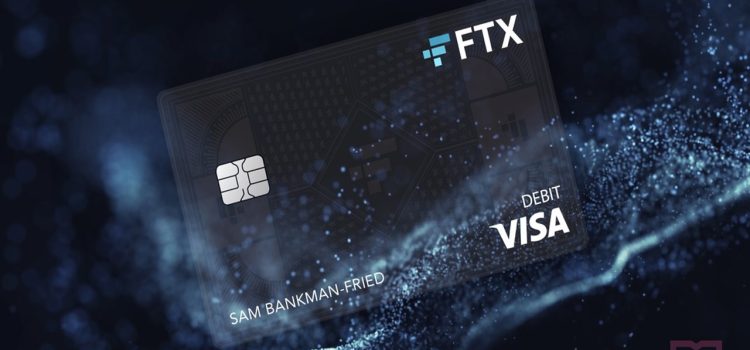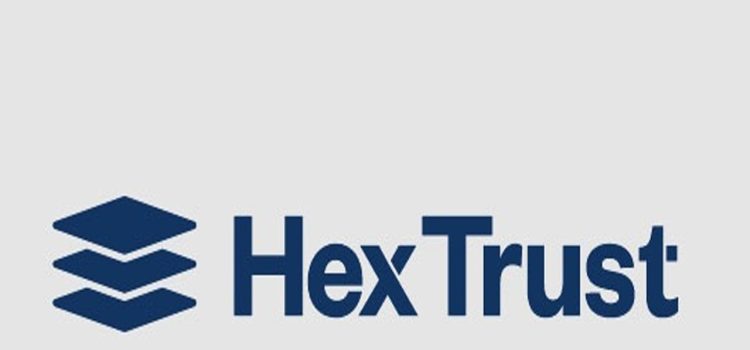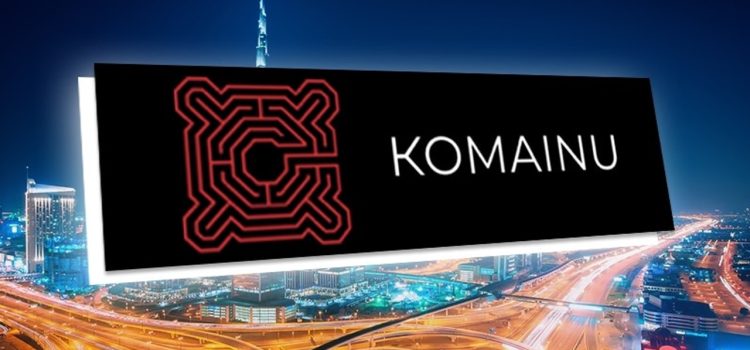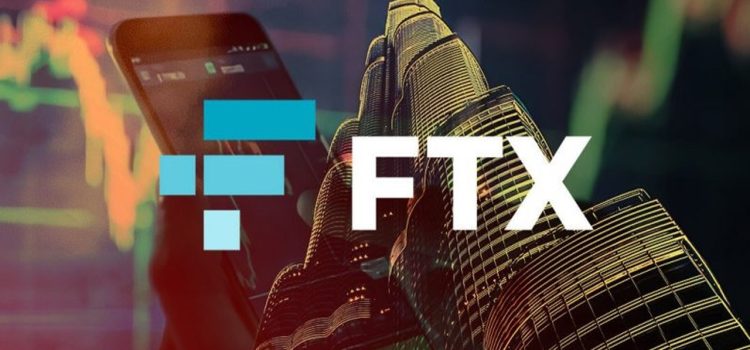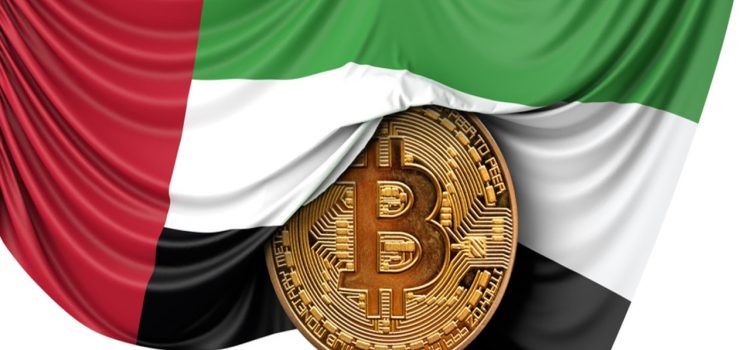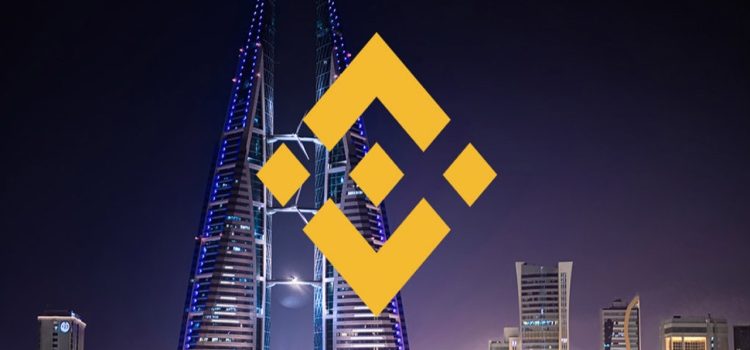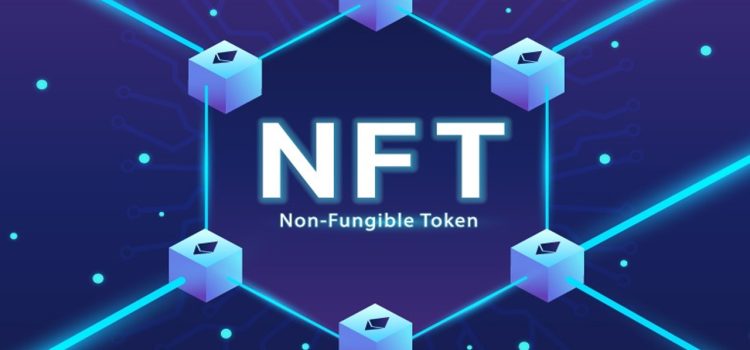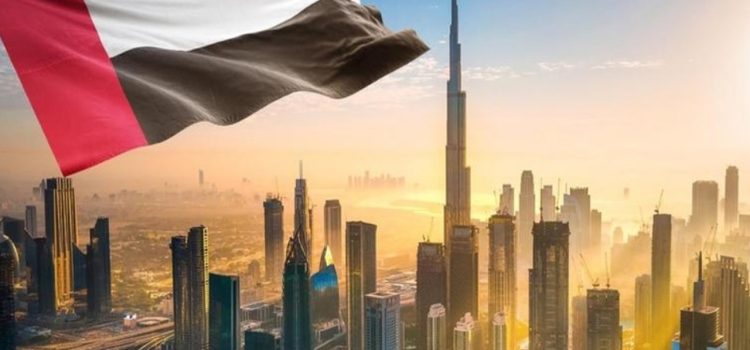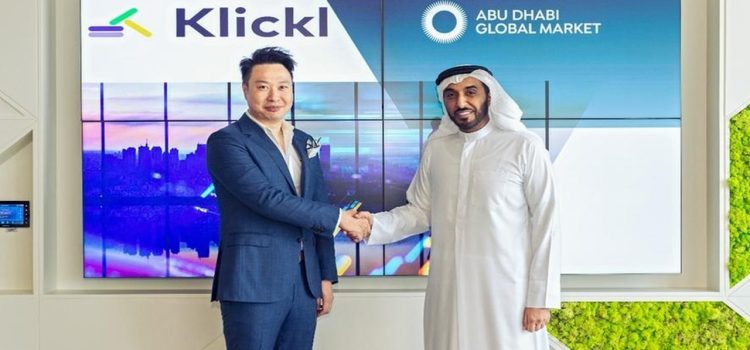
It is all over the news that UAE HayVN, regulated virtual asset trading platform is considering to bid for FTX Pay, FTX crypto exchange’s payment business. The reason the CEO of HayVN gives is that FTX Pay is valuable because of its relationships with establish companies such as MasterCard. Well is that a valid reason, given that most of these established companies have severed their relationships with FTX Pay, while it is actually Visa that was a partner and not MasterCard.
UAE National newspaper came out with a story that UAE HayVN regulated by ADGM is interested in purchasing FTX Pay to integrate it with HayVN Pay infrastructure according to statements made by Christopher Flinos, co-founder and chief executive of Hayvn.
As he told the UAE National, “We are pleased to learn that some of the FTX businesses have solvent balance sheets, responsible management and valuable franchises. We are open to a discussion with their bankers, Perella Weinberg, as soon as they have the court’s approval to proceed.”
FTX Pay is an application that allows merchants to accept both cryptocurrency and fiat payments for a flat 1 per cent transaction fee with no minimum or upfront costs, according to its website.
In the interview Flinos did not disclose the amount Hayvn was willing to pay for FTX’s payments business, but said its plan to bid for the company had been approved by the Hayvn board and “back-channel discussions” had begun to indicate their interest. “It will be a public process but we want to be more ahead of the others for when that drops.”
Flinos believes FTX Pay is valuable because of its relationships with established companies such as Mastercard. He states, “From the advisers’ perspective, they want to know that the bidders have got money; tick, we have got money. They want to know that the bidders have got a good business; tick, we have got a good business, we are regulated, we have a game plan, we can value it [and] we know what it is worth to us. Because Sam Bankman-Fried had such a strong presence as an individual and was the darling of the industry, then companies like MasterCard had arrangements with FTX Pay.”
He adds “I am basically not buying it for its tech, as we have got better tech. I am buying it for the relationships that it has and the presence that it has with these people, so it is less risky.”
Hayvn Pay is a regulated financial network for blockchain-based currencies and works with UAE companies such as DAMAC Properties, developer Nakheel and the Dubai government, allowing people to buy property using cryptocurrency. Earlier Hayvn had partnered with WooCommerce, an open source, e-commerce platform.
The CEO notes, “Acquiring FTX Pay will help solidify our position as the global leader in cryptocurrency payment solutions.”
But does HayVN know that VISA severed this relationship in the aftermath of FTX debacle and fall?
Yes, VISA had teamed up global crypto exchange FTX to offer debit cards in 40 countries with a focus on Latin America, Asia and Europe. But Visa terminated this partnership and their global agreements with FTX as well as their U.S. debit card program which is being wound down by their issuer.
Other companies have sought to distance themselves from FTX, such as BitPay. Even Stripe removed the press release on its website that talks about its partnership with FTX for seamless payment, as has Nuvei a company that provides on and off ramp payment services to FTX users.
As for Reddit it also had a partnership with FTX to integrate Reddit’s Community Points in the US, EU, Australia, and other global markets. The partnership featured the integration of FTX Pay as a white-label payment and exchange solution to support users onboarding Community Points, but is surely now also a thing of the past.
So where are the partnerships that were forged with FTX Pay and if you purchase FTX Pay does that mean that the former partnerships come to life again? If the purchase is not for the technology, but for the relationships, severed ones, will it be so easy to revive them?
I really don’t know why HayVN whose technology is as they say better than FTX’s, and which is regulated by UAE ADGM would want to get into the position of purchasing an unregulated, bankrupt and partner less sub entity of FTX. Beats me








